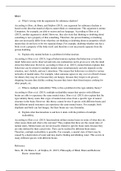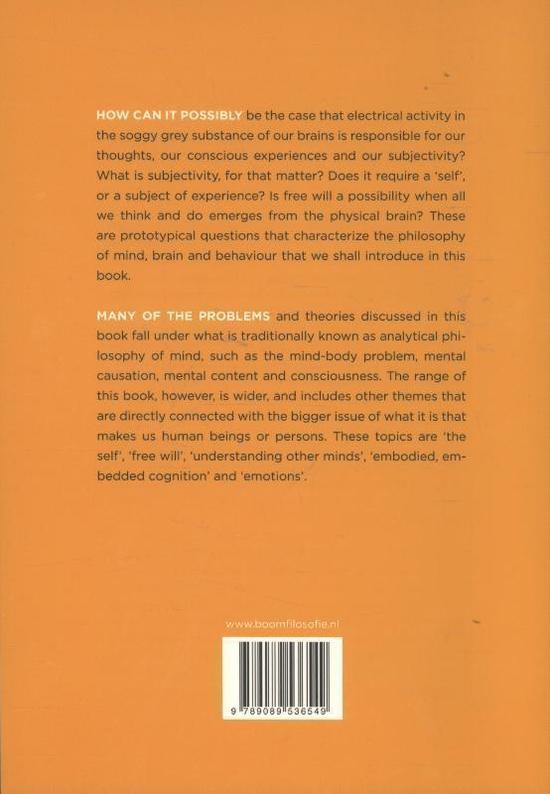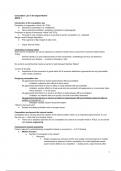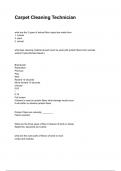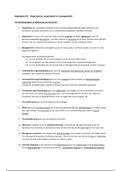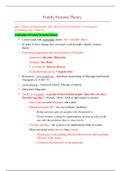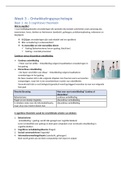Essay
SSAs Philosophy & Psychology Year 2.1 Psychology
- Course
- Institution
- Book
This document contains SSA1, SSA2, SSA4, SSA6, and SSA7 for the course Philosophy & Psychology of the second year of psychology. The third and fifth SSAs were cancelled this year. My grades for the SSAs were the following: SSA1: 8.5, SSA2: 9.5, SSA4: 9, SSA6: 8.5, and SSA7: 10.
[Show more]
